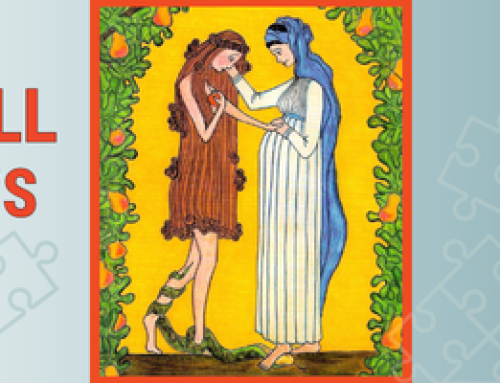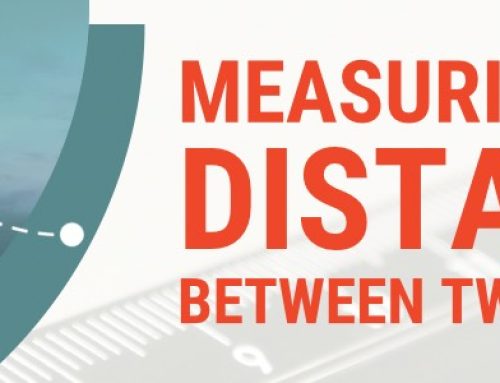In Ecclesiastes, some translations call the narrator the Teacher or Preacher.
He calls himself the son of David… but interestingly he also designates himself Qoheleth.
It’s a Hebrew term that loosely translates to someone who gathers or calls people to assembly with the implication that it’s to speak or teach.
Think of him as the preacher at your church calling to those who want to learn.
In our Life Groups, we’re taking a twelve-week journey with this teacher/preacher who calls himself Qoheleth and allowing him to unsettle us.
Somewhere between the end of chapter two and the start of chapter three, the teacher sets down his cattle prod and takes up his pipe and rocking chair, doling out wisdom for the ages.
There is a time and a season for everything under heaven, he says in a beautiful poem that spans the first eight verses of the third chapter:
There’s a time to be born and a time to die;
a time to plant and a time to uproot;
a time to kill and a time to heal;
a time to break down and a time to build up;
a time to weep and a time to laugh;
a time to mourn and a time to dance;
a time to cast away stones and a time to gather them;
a time to embrace and time to be far from embracing;
a time to seek and time to lose;
a time to keep and time to cast away;
a time to tear and a time to mend;
a time to be silent and a time to speak;
a time to love and a time to hate;
a time for war and a time for peace.
We often don’t do so well with such contradictions. We like either/or logic, not both/and. We like things to be clear-cut and simple. We avoid complexity and complications.
But in doing all that we become fools.
Just before finishing his introductory remarks at the end of chapter two Qoheleth called us to live simply. Now, in the opening of chapter three he begins to unpack a critical dimension of that calling: be on good terms with reality.
Reality is full of what we might (in our foolishness) call contradictions:
Love AND hate; mourning AND dancing; embracing AND excluding; tearing AND mending; speaking AND not speaking…
The poem of 3:1-8, chock full of such “contradiction” shows the not-so-faint of heart (and, consequently, those who will become wise) that life is not only full of opposites and contradictions but also, in the midst of it all, God has made it all beautiful in its time (3:11).
There are many ways to define wisdom, but one of my favorites is the ability to hold contradiction in your hands, take it with you on your journey, and allow time, experience, and most of all, God, to teach you something about the limits of your own understanding. That’s what we’re doing in our Life Groups as we journey through Ecclesiastes.
Check out our free resource “Keys to Making the Most of Every Season” to learn more!





